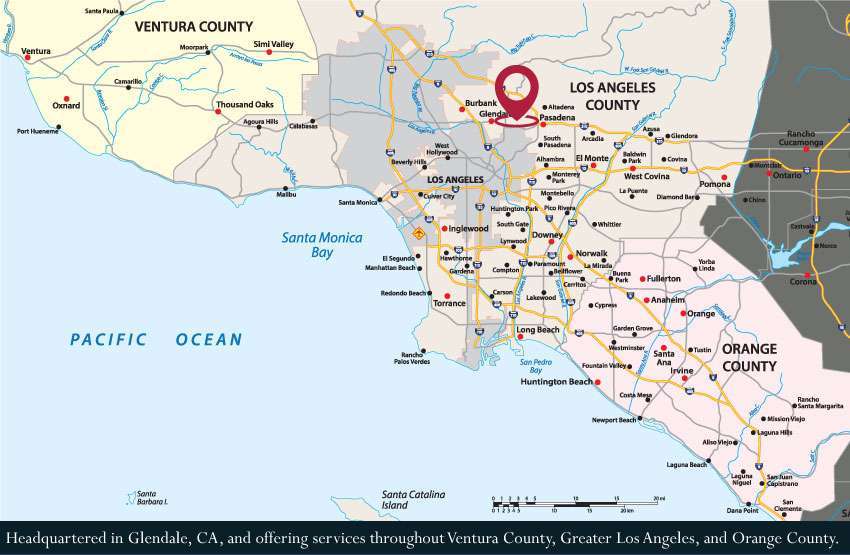How We Can Help Your Business Scale
November 4, 2023Top 5 Benefits of Outsourcing IT
May 8, 2024How We Can Help Your Business Scale
November 4, 2023Top 5 Benefits of Outsourcing IT
May 8, 2024Compliance with Industry Standards: Why It Matters & How Managed IT Services Help
This is the heading
In today’s digital world, businesses across industries must comply with strict regulations to protect sensitive data, ensure ethical practices, and avoid costly penalties. Whether you're in healthcare, finance, retail, or any other sector handling customer data, compliance with industry standards is not optional—it's essential.
However, staying compliant can be overwhelming due to constantly evolving regulations, complex legal requirements, and the risk of cyber threats. Managed IT services play a crucial role in helping businesses navigate compliance by implementing security controls, monitoring risks, and ensuring systems meet regulatory standards.
In this post, we’ll dive deep into:
- ✅ Why compliance is important
- ✅ Key industry standards and regulations
- ✅ How managed IT services help maintain compliance
- ✅ The risks of non-compliance
Why Compliance Matters
Compliance with industry regulations is critical for several reasons:
1. Avoiding Costly Fines & Legal Penalties
Non-compliance can lead to hefty fines, lawsuits, or even business shutdowns.
- Example: GDPR violations can result in fines of up to €20 million or 4% of annual global revenue.
- Example: HIPAA violations in healthcare can lead to fines ranging from $100 to $50,000 per violation.
2. Protecting Customer & Business Data
Data breaches can compromise customer trust and lead to identity theft or financial loss. Many compliance regulations exist to ensure businesses handle and store data securely.
3. Enhancing Business Reputation & Trust
Companies that comply with industry standards gain a reputation for being trustworthy and responsible. Customers and partners are more likely to do business with companies that take data protection seriously.
4. Preventing Cybersecurity Threats
Many industry standards enforce security best practices, such as encryption, access control, and multi-factor authentication (MFA), which help reduce the risk of cyberattacks.
5. Enabling Business Growth & Market Expansion
Some industries or markets require compliance for partnerships and contracts. For example, many enterprise clients and government agencies will only work with vendors that meet ISO 27001 or SOC 2 standards.
Key Industry Standards & Regulations
Here are some of the most common industry-specific compliance regulations:
| Regulation | Industry | Purpose |
|---|---|---|
| GDPR | Healthcare | Protects patient health data (PHI & ePHI) |
| GDPR (General Data Protection Regulation) | Any business handling EU citizen data | Governs data privacy and security |
| PCI DSS (Payment Card Industry Data Security Standard) | Retail, eCommerce, Financial Services | Ensures secure credit card transactions |
| SOC 2 (Service Organization Control 2) | SaaS & Cloud Providers | Ensures security, availability, and confidentiality of data |
| ISO 27001 (International Standard for Information Security Management) | Any industry handling sensitive data | Establishes global best practices for data security |
| CMMC (Cybersecurity Maturity Model Certification) | Government Contractors | Requires cybersecurity controls for federal contractors |
| SOX (Sarbanes-Oxley Act) | Public Companies | Prevents financial fraud through security controls |
Each regulation has different requirements, but most focus on data security, risk management, audit controls, and incident response planning.

